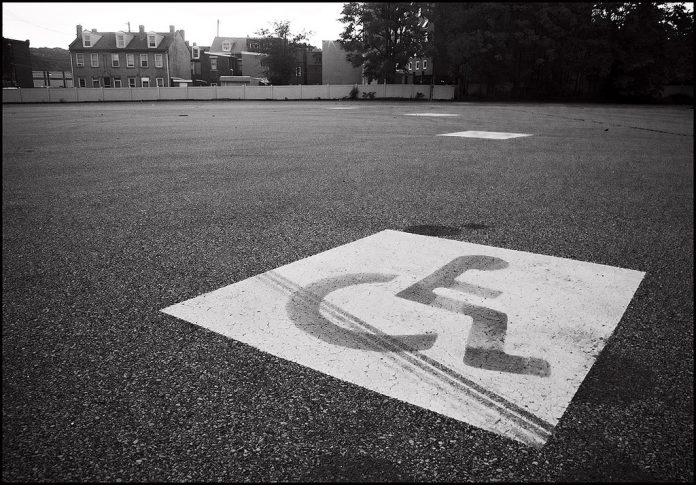A new report about how European Union funds support disabled people’s right to live independently in the bloc was launched by the European Network on Independent Living (ENIL) on March 8.
The report, titled “EU Funds and Independent Living” is based on data from 18 EU member states, collected during the first year of ENIL’s EU Funds for Our Rights Campaign.
“It is important for all European citizens to be sure that their money is spent properly for the right purpose and in the best interest of the people,” said Kapka Panayotova, president of ENIL. “Unfortunately, this is not the case with the EU funds for deinstitutionalisation and independent living. It is ENIL’s mission to blow the whistle and ensure that the rights of disabled people are protected.”
ENIL highlights numerous problems in the way member states use EU funds, from investing into services that perpetuate the segregation and isolation of disabled people, to significant delays in launching calls to develop community-based alternatives to institutional care.
The report is aimed to encourage the European Commission and member states to improve the monitoring and complaints system for ESI Funds, and to ensure compliance of all investments with the UN Convention on the Rights of Persons with Disabilities (CRPD).
ENIL has identified several areas for action. Firstly, the European Commission must ensure compliance with the ESI Funds regulations, especially the so-called ex ante conditionalities. Secondly, ESI Funds are still used to segregate and exclude disabled people from their communities. Examples of this are countless small institutions (i.e. group homes) built across the EU, often in remote locations, where disabled people’s lives are not much different than in large facilities.
Moreover, the systems for monitoring and evaluating projects are not able to ensure that all the projects funded support the rights of disable people, nor do organisations of disabled people have a say in how funding is allocated. Finally, the report highlights the fact that in many countries with high numbers of people in institutional care, where national funds continue propping up this outdated system of care, there are no plans to use ESI Funds for developing community capacity.

